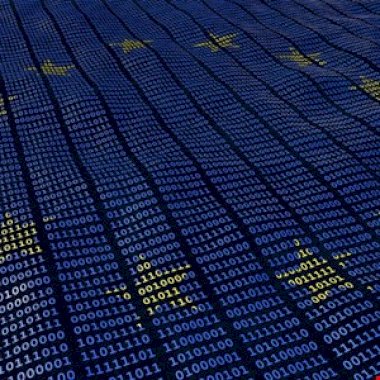Source: www.infosecurity-magazine.com – Author:

The European Union (EU) has launched a Quantum Strategy, with a focus on the development of region-wide quantum secure communications and data sharing infrastructure.
The overall strategy is designed to make the EU a global leader in quantum by 2030, unlocking innovation and economic value.
Part of the strategy looks to address the cybersecurity risks posed by future advances in quantum computing.
Powerful quantum computers, over 10,000 qubits in size, will be capable of breaking existing encryption protocols, putting all data, connections and components used by organizations at risk.
This scenario is expected to occur in the next seven to 15 years.
The EU’s new strategy contains several initiatives around the development of Europe-wide quantum secure solutions.
Secure Quantum Communication Infrastructure
One aspect of the strategy is the European Quantum Communication Infrastructure (EuroQCI) initiative, which is designed to develop secure quantum communication infrastructure spanning the whole EU, including its overseas territories.
Currently, 26 EU member states are deploying national terrestrial quantum communication networks. These networks will be used to test a secure communication Quantum Key Distribution (QKD) satellite, scheduled for launch in 2026.
These terrestrial quantum communication networks are being used to implement and test QKD in real-world environments.
Pilot projects include secure hospital-to-hospital transmission of medical data and encrypted communication between government institutions.
The EU said it is leveraging a fully European supply chain of quantum components, devices and systems to support this deployment.
By 2030, a fully EU-interconnected experimental terrestrial and space secure communication network will be established.
The Quantum Internet Initiative
The Quantum Internet initiative will complement EuroQCI by developing architecture for distributed quantum computing and sensing, and ultra-secure data sharing.
This will build on use case frameworks that have already been initiated, as well as the launch of the Quantum Internet Alliance (QIA) Technology Forum, the first global open forum dedicated to the quantum Internet.
In 2026, the initiative will support the launch of a pilot facility for the European Quantum Internet, enabling testing of key quantum-safe components and early use cases, secure quantum-cloud services, distributed computing and advanced validation environments bridging research and deployment ahead of full operation.
The objective is to deploy a fully operational quantum safe communication network by 2030 as a first step towards a federated Quantum Internet.
Focus on Quantum Security Grows
The latest EU announcement comes amid growing attention on addressing quantum security risks ahead of ‘Q-Day’ – when quantum computers will be powerful enough to break common encryption protocols, such as RSA and AES.
In August 2024, the US National Institute of Standards & Technology (NIST) formalized the world’s first post-quantum cryptography standards.
This encompasses three post-quantum cryptographic algorithms that provide quantum-resistant solutions for different types of systems and use cases. These include digital signatures to authenticate identities and key-encapsulation mechanisms to establish a shared secret key over a public channel.
The standards provide organizations with a framework to secure systems and data against future quantum threats.
NIST has urged organizations to begin preparing to transition their systems to quantum-secure solutions using these algorithms.
In March 2025, UK’s National Cyber Security Centre (NCSC) published a roadmap for organizations to completely migrate their systems, services and products to post-quantum cryptography (PQC) by 2035.
Despite these government initiatives, research has shown that organizations have so far been slow to implement quantum secure transition plans.
ISACA reported in April 2025 that just 5% of organizations have a defined strategy to defend against quantum-enabled threats. Just 3% of IT professionals believe it is a high business priority at their organization for the near future.
A DigiCert survey of cybersecurity managers in May 2025 found that just 5% of businesses in the US, UK and Australia have so far deployed PQC.
Original Post URL: https://www.infosecurity-magazine.com/news/eu-plan-quantum-secure/
Category & Tags: –
Views: 3




















































